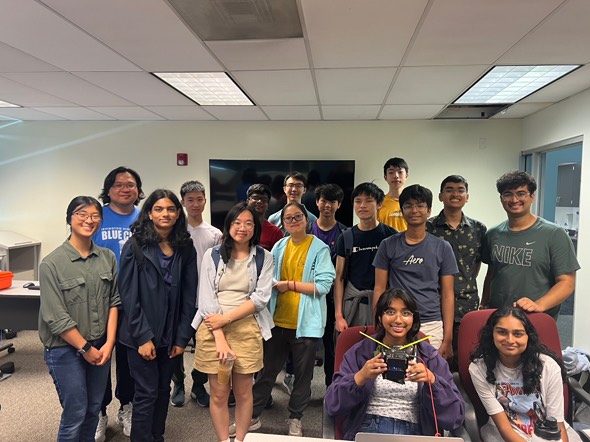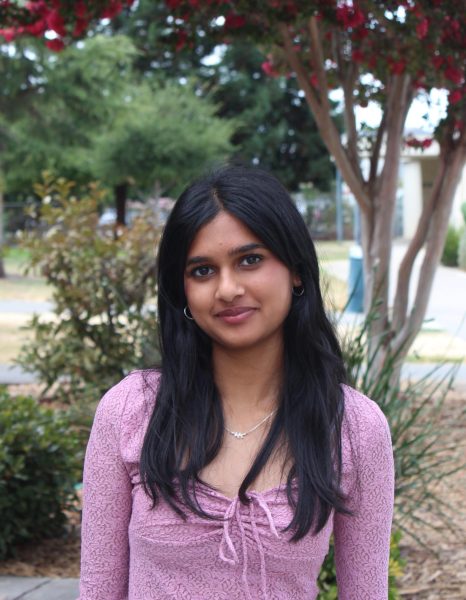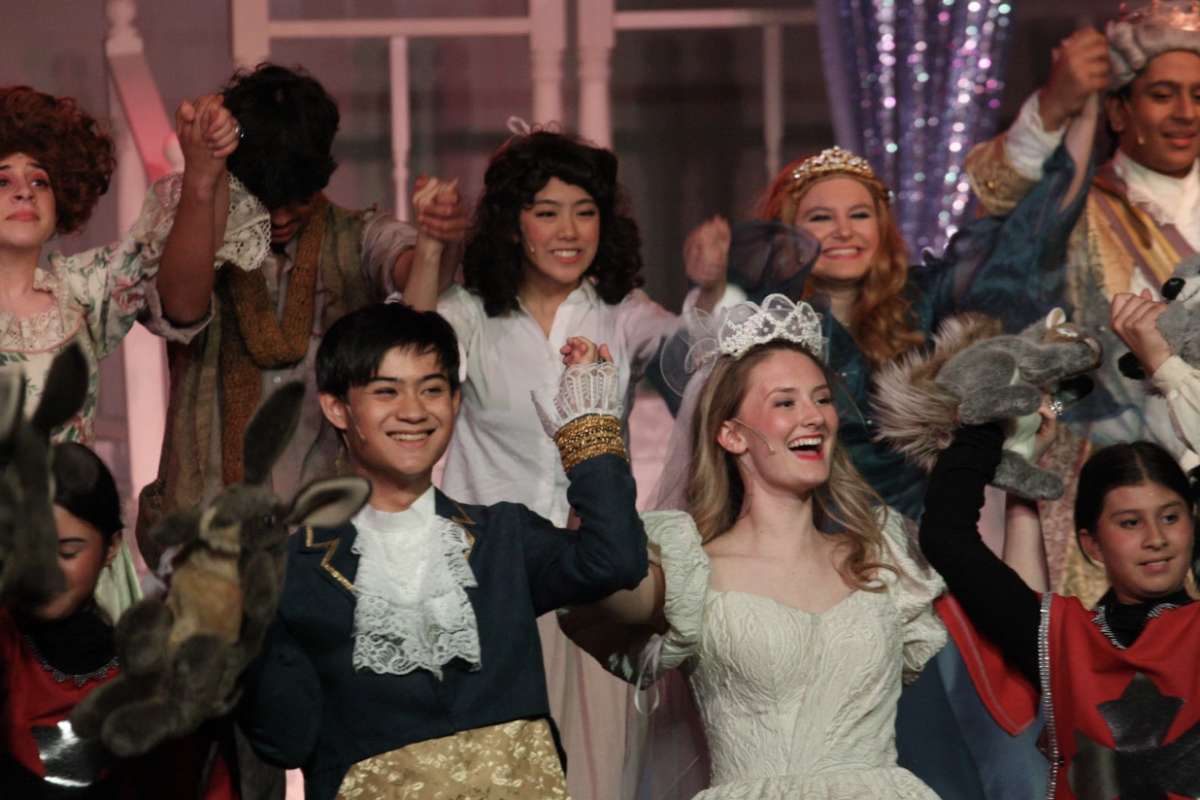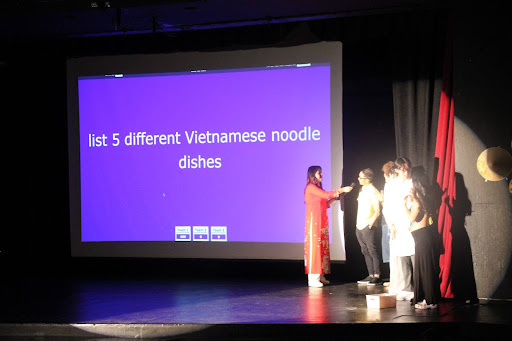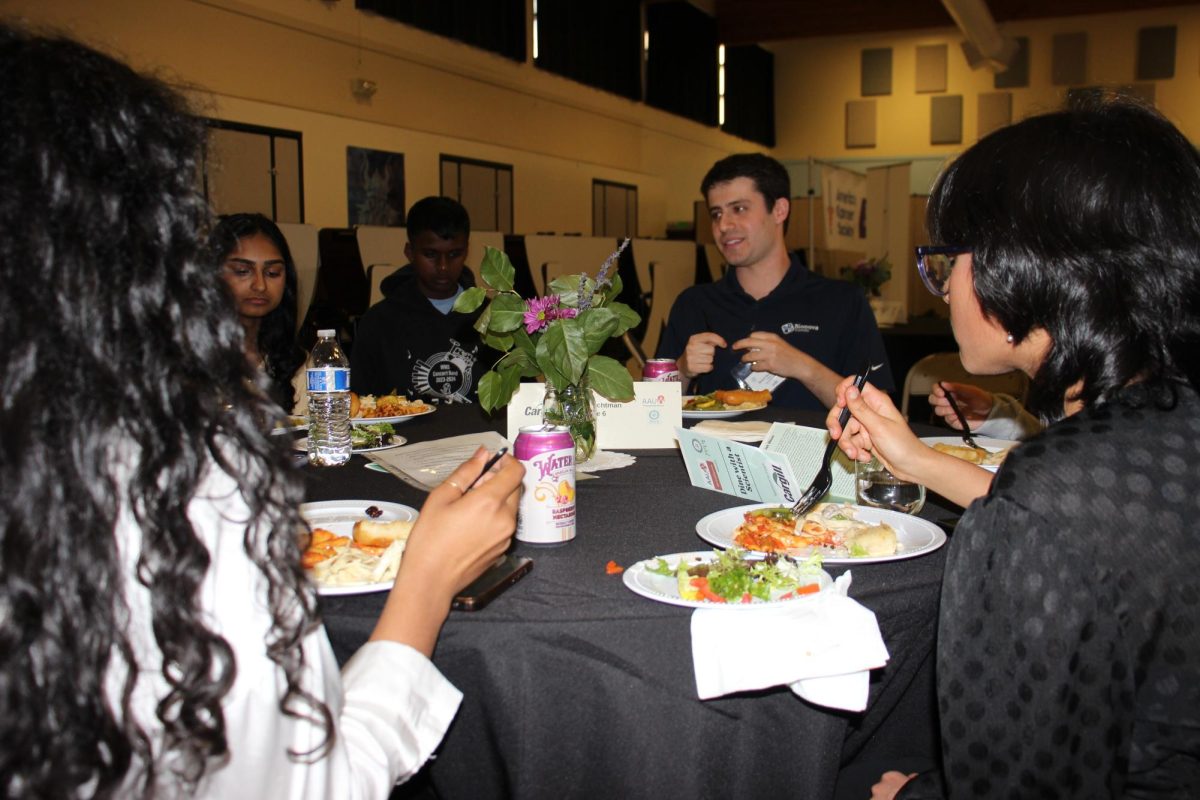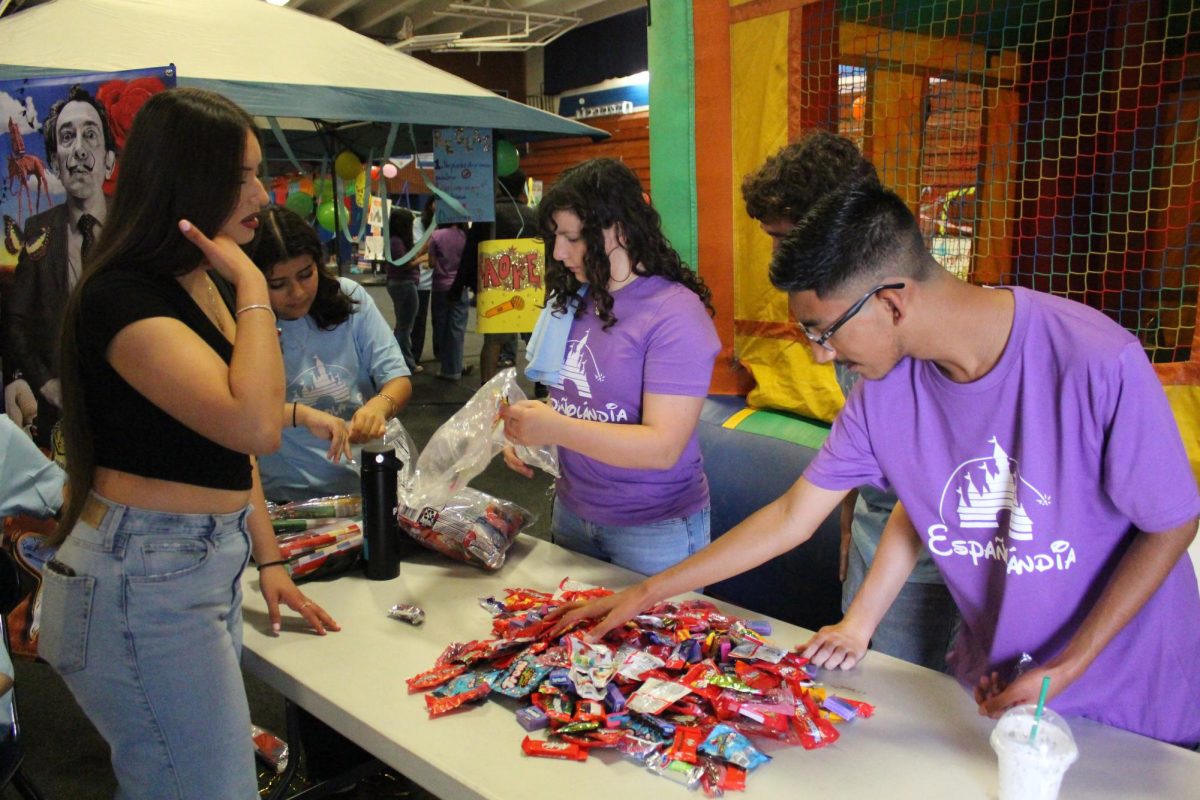On Saturday, December 21 at 3:34 AM, the Irvington High School Girls-in-STEM CubeSat Initiative launched their CubeSat, named Pleiades-Orpheus, into space at Vandenberg Air Force Base in Santa Barbara county. Students who worked on the CubeSat, a small cube-shaped satellite, had the opportunity of watching the launch during a field trip to Santa Barbara and Los Angeles that lasted from December 20th until the 23rd.
The CubeSat team, advised by Mr. Fung, was formed under the Girls-in-STEM Club. This project was founded by a group of female students intended to encourage girls to explore STEM, aerospace, and engineering fields. The team began working on the satellite 2 years ago. They received a great amount of mentorship from Bronco Space, an aerospace club at Cal Poly Pomona. Diya Dalal (11), one of the co-presidents of the initiative, mentioned, “In our beginning phases, we decided to attend the annual CubeSat developers workshop. One of the presenters was actually the Cal Poly Pomona team, and they really caught our attention. We got into contact with them at a networking event, and they agreed to send us a kit so we could get started. We looked to them for mentorship throughout our project.” Later on, the team also began working with Stanford Space Initiative (SSI). They also received a great amount of funding from Irvington alumni and loyal sponsor Christie English.
Pleiades-Orpheus’ primary mission is to take images of possible light pollution in North America, which will be sorted through an image processing model created by the team’s mission software developers. The team is divided into multiple specialized groups, consisting of structures, led by Eric Bao (11) and Venkata Donthireddy (11), mission software, led by Matthew Chan (11) and Mason Kuan (12), and flight software led by Jerry Sun (12).
The team consisted of very devoted and passionate members. Co-president Shreeansh Rathi (11) mentioned, “During testing and building season, we would spend about 15 hours a week working on the CubeSat. We’d have late nights, and get home around 9 or 10 PM daily.”
The CubeSat Initiative is grounded on inclusivity and collaboration above all. Srihari Muralidharan (11), who was part of the structures sub-team, mentioned, “Our team was really small at the beginning, consisting of only around seven people, and then all of a sudden, we had a huge number of people join. When people without much prior experience started to understand our processes and skills, it made the entire community expand exponentially. Everyone was learning and gaining something from the initiative, which really was our main goal in the first place.”
Pleiades-Orpheus was launched on a SpaceX Falcon 9 launch vehicle. The CubeSat Team coordinated with Exolaunch, a launch service provider that coordinates with SpaceX. Another major step taken by the team before the launch was vibration testing, which they conducted with Cal Poly San Luis Obispo in order to catch structural defects.
The team has received local recognition for their feat. They were featured in the Tri-City Voice and got the opportunity to speak at an FUSD board meeting on January 8th.
The initiative also has big aspirations for future endeavors. The club is in the process of preliminary planning and development for the formation of an all-girls team to work on the next satellite. The new team is excited to dive into the process, and have begun brainstorming potential missions and reaching out to mentors.
In terms of technical improvements, Dalal mentioned, “In the next iteration of the Pleiades satellite, we’re thinking of adding more mission specific sensors and making our own camera board. Since Orpheus was our first time building a satellite, we had to learn a lot of things the hard way. But, innovation is one of the core factors that this initiative was founded on and something I’m really passionate about implementing so we want to bring over that drive and ambition toward the second satellite.”
Above all, the initiative hopes to continue inspiring female interest in STEM careers. “The point of this team is that we are not expecting these individuals to know how to code, or really know how to do anything that has to do with CubeSat. It’s all a learning process. I think that’s really important, because you can’t find a lot of people that are passionate enough to actually want to learn and commit to a project,” stated Rhea Cherukuri (11), who is anticipated to be a lead of the next satellite.
Future CubeSat members are optimistic as well. Ashna Patel (11), who has recently joined the CubeSat team mentioned, “I’m excited to be a part of a passionate community where everyone is supportive of each other. I think that all of us can learn a lot from each other, not necessarily just about technical skills, but also how to grow as individuals.”
To keep up with the team’s latest work and future ventures, you can check them out at irvingtoncubesat.framer.website.


